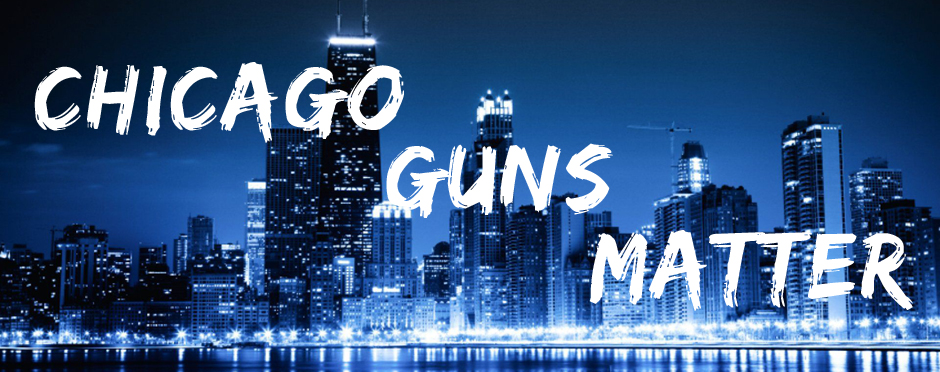General comments:
- More police departments are equipping their officers with body cameras that record interactions between the police and the public.
- We suggest speaking calmly and clearly towards the officer.
- If you are traveling, be aware that the law about carrying firearms may differ from state to state.
Please familiarize yourself with those differences. handgunlaw.us has information about the laws in each state. - Interactions with law enforcement go smoother when everyone is polite.
- Your actions during a traffic stop can lower or ramp up the perceived risk to the law enforcement officer.
Q: The police are stopping me, what should I do?
A: This is suggested:
- Turn on your flashing / hazard lights (This indicates to the officer that you are pulling over).
- Slow down and pull over when it is safe to do so.
- Once you stop, turn your inside light on and keep hands on steering wheel.
Ask passengers to be calm and not to move around or reach for things. - Wait calmly for officer to arrive
- Hand the officer your driver’s license and carry permit all at the same time.
- If the officer asks 'are you carrying now?’
Say ‘yes and it is [specify location], how do you want me to proceed?’
Do not make extra motions, such as reach for the firearm, unless directed to do so.
Q: What is duty to inform?
A. It refers to whether you must tell an officer if you’re carrying a firearm. This varies from state to state. In Illinois, you do not have to tell the officer unless you are asked.
Public Act 98-0063, Section 10(h)
If an officer of a law enforcement agency initiates an investigative stop, including but not limited to a traffic stop, of a licensee who is carrying a concealed firearm, upon the request of the officer the licensee shall disclose to the officer that he or she is in possession of a concealed firearm under this Act, present the license upon the request of the officer, and identify the location of the concealed firearm.
Q: The officer may ask, ‘are there any weapons in the vehicle’ - what should I tell the officer?
A: You should tell him that you are a legal gun owner, that you have your FOID or carry license with you. You might say ‘yes, and it is on my right side / in my glove box’. You may want to avoid using the words ‘firearm’ or ‘gun’ - they might be misinterpreted as a threat, for example if a second officer arrives and only hears a part of the conversation.
Be polite. Use 'yes sir' and 'no ma'am'. Be truthful.
Q: What will the officer do?
A: This will vary depending on circumstances. He may ask you to hand him the firearm. He may have you leave the firearm where it is, or he may ask you to get out of the car. Do not do anything unless you are asked. Mainly, keep your hands visible and move slowly so as to not alarm the officer.
Q: Does duty to inform only apply to carrying a loaded gun, or also to transporting an unloaded gun?
A: This depends on state law. In Illinois, it only applies when you are carrying a loaded firearm on or about your person. It does not apply to transporting an unloaded firearm.
See Section 10(h) of Public Act 98-0063.
Q: What if I want to exercise my right to remain silent?
A: You can certainly do this and it is your right to do so if you wish. Its use and impact cab be nuanced; for more info it would be best contact a lawyer.
Every encounter will not be the same. No one can predict what will happen. Interactions with law enforcement are human and always have the possibility of misunderstanding. People often prefer to interact with others who are calm and polite.





